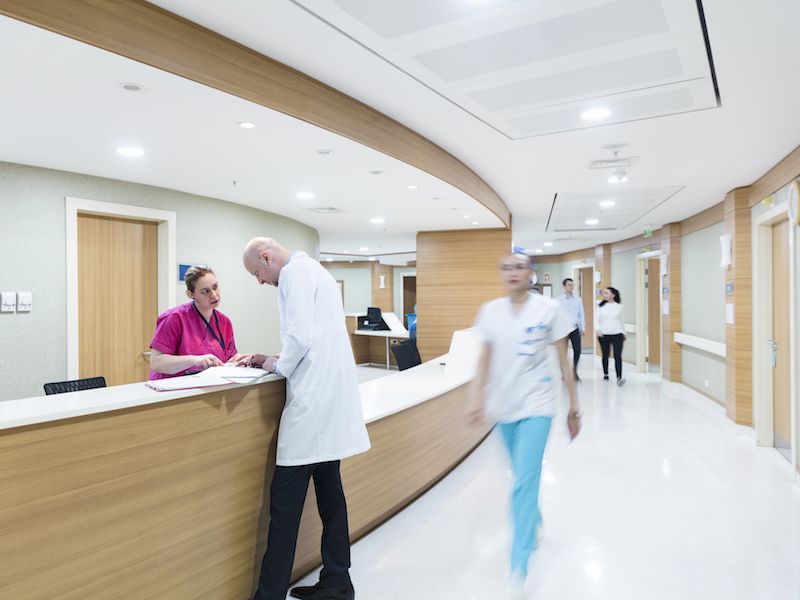
The effect hearing loss has on general health has been examined for years. A new study approaches it from a different angle by evaluating what untreated hearing loss can do to your healthcare spending. As the expense of healthcare keeps rising, the medical profession and individuals are searching for ways to lower these expenses. A study put out on November 8, 2018, says something as simple as managing your hearing loss can make a significant difference.
How Hearing Loss Impacts Health
There are hidden risks with untreated hearing loss, according to Johns Hopkins Medicine. Researchers spent 12 years tracking adults with anywhere from minor to severe hearing loss and found it had a significant effect on brain health. For example:
- Dementia is five times more likely in somebody who has severe hearing loss
- Someone with moderate hearing loss triples their chance of getting dementia
- The risk of dementia is doubled in people with only slight hearing loss
The study shows that the brain atrophies at a faster pace when a person suffers from hearing loss. The brain needs to work harder to do things like maintaining balance, and that puts stress on it that can lead to injury.
Also, quality of life is affected. A person who can’t hear very well is more likely to have anxiety and stress. They are also prone to have depression. Higher medical costs are the result of all of these factors.
The Newest Study
The newest study published November in the Journal of the American Medical Association (JAMA) shows that it becomes a budget breaker if you choose not to take care of your loss of hearing. This study was also led by researchers from Johns Hopkins in collaboration with AARP, the University of California San Francisco and Optum Labs.
77,000 to 150,000 patients who had untreated hearing loss were analyzed. Only two years after the diagnosis of hearing loss, patients generated almost 26 percent more health care costs than people with normal hearing.
That amount continues to increase as time goes by. After a ten year period, healthcare expenses go up by 46 percent. Those numbers, when broken down, average $22,434 per person.
The study lists factors involved in the increase including:
- Dementia
- Decline of cognitive ability
- Depression
- Lower quality of life
- Falls
A second associated study done by Bloomberg School suggests a link between untreated hearing loss and higher mortality. Some other findings from this study are:
- 3.6 more falls
- In the course of ten years, 3.2 more cases of dementia
- 6.9 more diagnoses of depression
Those figures match with the research by Johns Hopkins.
Hearing Loss is Increasing
According to the National Institute of Deafness and Other Communication Disorders:
- Loss of hearing currently impacts 2 to 3 out of every 1,0000 children
- Hearing loss is prevalent in 55 to 64 year olds at a rate of 8.5 percent
- There’s considerable deafness in those between the ages of 45 to 54
- About 15 percent of young people aged 18 have a hard time hearing
For those aged 64 to 74 the number goes up to 25 percent and for someone over 74 it goes up to 50 percent. Those numbers are expected to rise in the future. By the year 2060, as many as 38 million people in this country may have hearing loss.
Wearing hearing aids can change these figures, though, which the study doesn’t touch on. What they do understand is that using hearing aids can prevent some of the health problems associated with hearing loss. Further studies are necessary to determine if using hearing aids reduces the cost of healthcare. There are more benefits to wearing them than not, undoubtedly. To learn whether hearing aids would benefit you, make an appointment with a hearing care expert right away.